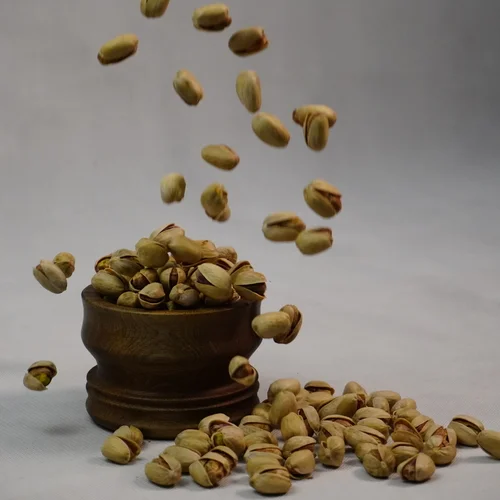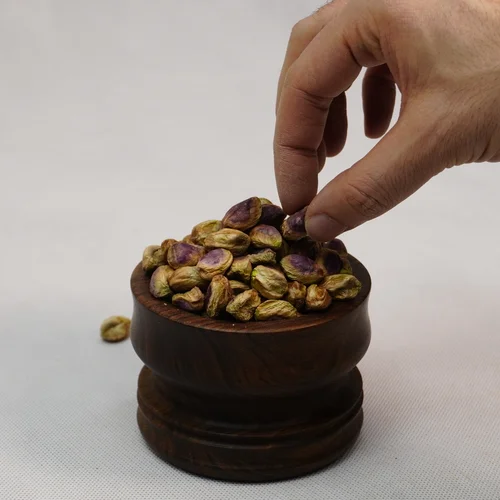Common Mistakes That Pistachio Exporters Should Avoid

Exporting pistachios can be a profitable business – but only if you avoid common mistakes that cost exporters time and money. Whether you’re a new player in the global market or a seasoned exporter, understanding these mistakes can help you stay ahead of the competition.
Poor packaging and labeling
Packaging isn’t just about appearance – it’s about protection and information. Using poor quality materials or incorrect labeling can damage your reputation and lead to regulatory fines.
Tip: Invest in vacuum or nitrogen-filled packaging and clearly label the product’s origin, grade, and expiration date.
Lack of market research
Some exporters ship pistachios without understanding the preferences of their target market. For example, European customers often prefer raw or lightly salted nuts, while Middle Eastern buyers may prefer roasted nuts.
Tip: Before finalizing your export strategy, study market tastes, demand cycles, and import regulations.
Poor supply chain management
Delays in shipping or poor storage conditions can reduce product quality and customer satisfaction.
Tip: Work with reliable logistics partners and ensure that your pistachios are stored in cool, dry, and pest-free environments.
Underestimating documentation requirements
Export documentation errors are one of the most common reasons for shipping delays. Missing certificates of origin, phytosanitary certificates, or incorrect invoices can waste your time.
Tip: Double-check all export documentation and consult with a trade expert or customs broker if necessary.
Poor communication with buyers
Ambiguous or inconsistent communication leads to misunderstandings, especially regarding product specifications and delivery times.
Tip: Communicate clearly, promptly, and professionally with international buyers at every stage of the process.
Ignoring long-term relationships
Many exporters focus only on short-term profits and forget to build sustainable partnerships. Trust is essential in the global nut trade.
Tip: Provide consistent quality, follow up after sales, and offer competitive but fair prices to foster long-term business relationships.
Conclusion
Success in pistachio exports is no accident – it is the result of careful planning, market awareness, and consistent quality control. By avoiding these common mistakes, exporters can build stronger brands, satisfy customers, and achieve sustainable growth in the global market.
Source: Zalando




